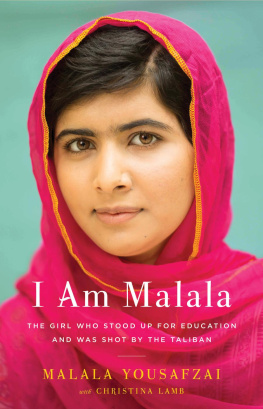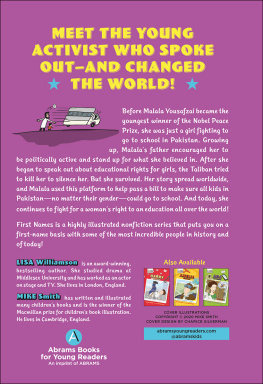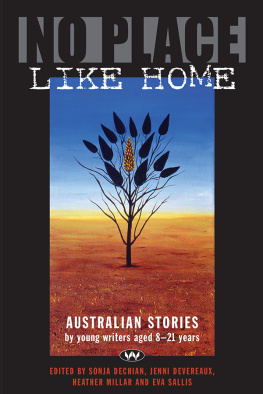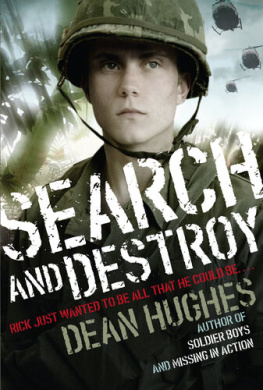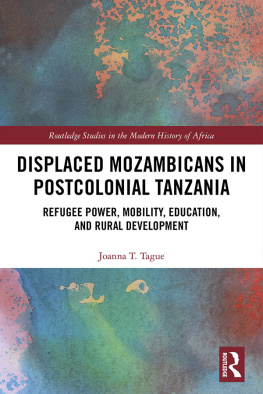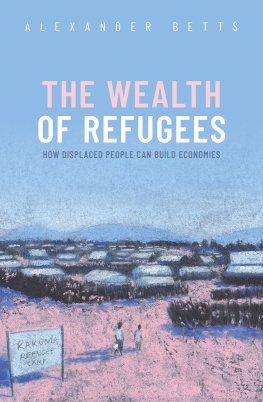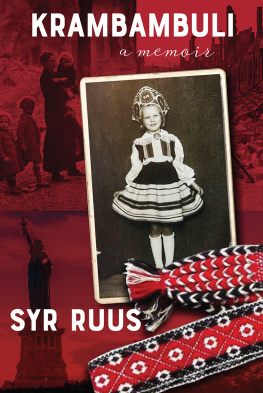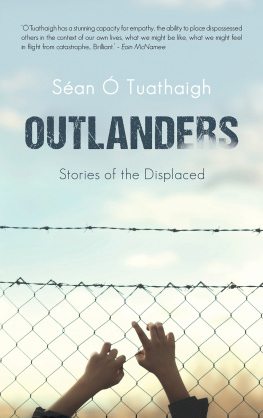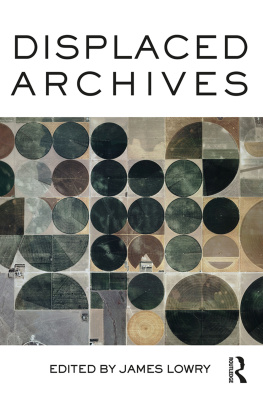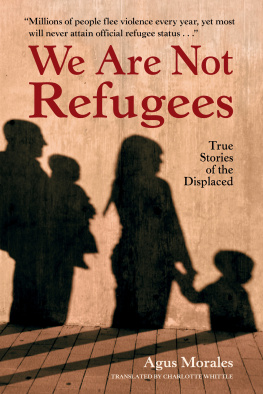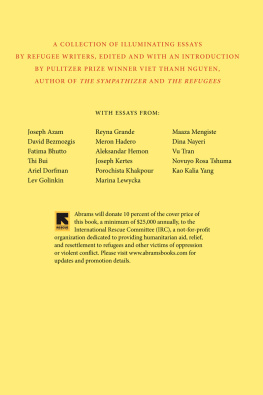The author and the publisher have made every effort to ensure that the information in this book is correct. The events, locales, and conversations are based on the authors memories of them. Some names and identifying details have been changed to protect the privacy of individuals.
Copyright 2019 by Malala Fund
:
map Peter Hermes Furian/Shutterstock.com; ,
,
: map pingebat/Shutterstock.com
Cover art: WE photographs: W 2019 by Tanya Malott;
E Marcus Valance/SOPA/LightRocket/Getty Images
ARE photographs 2019 by Tanya Malott
DISPLACED photograph Dan Kitwood/Getty Images
Background texture Chantal de Bruijne/Shutterstock.com
Cover design by Sasha Illingworth
Cover copyright 2019 by Hachette Book Group, Inc.
Hachette Book Group supports the right to free expression and the value of copyright. The purpose of copyright is to encourage writers and artists to produce the creative works that enrich our culture.
The scanning, uploading, and distribution of this book without permission is a theft of the authors intellectual property. If you would like permission to use material from the book (other than for review purposes), please contact permissions@hbgusa.com.
Thank you for your support of the authors rights.
Little, Brown and Company
Hachette Book Group
1290 Avenue of the Americas, New York, NY 10104
Visit us at LBYR.com
First Edition: January 2019
Little, Brown and Company is a division of Hachette Book Group, Inc.
The Little, Brown name and logo are trademarks of Hachette Book Group, Inc.
The publisher is not responsible for websites (or their content) that are not owned
by the publisher.
Library of Congress Cataloging-in-Publication Data
Names: Yousafzai, Malala, 1997 author.
Title: We are displaced : my journey and stories from refugee girls around
the world / Malala Yousafzai.
Description: New York : Little, Brown and Company, 2019.
Identifiers: LCCN 2018043763| ISBN 9780316523646 (hardcover) |
ISBN 9780316529488 (large-print hardcover) | ISBN 9780316523660 (ebook) |
ISBN 9780316524315 (library ebook edition)
Subjects: LCSH: Refugees. | Forced migration.
Classification: LCC HV640 .Y685 2019 | DDC 305.23092/6914dc23
LC record available at https://lccn.loc.gov/2018043763
ISBNs: 978-0-316-52364-6 (hardcover), 978-0-316-52366-0 (ebook),
978-0-316-52948-8 (large print), 978-0-316-45212-0 (intl)
E3-20181130-JV-NF-ORI
no one leaves home unless
home is the mouth of a shark.
you only run for the border
when you see the whole city
running as well.
Warsan Shire, Home
W alking in the streets of Birmingham with my brothers, mum, and dad, I pause for a second to feel the peace. It is all around us, in the trees swaying gently in the breeze, in the sound of the cars coming and going, in the laughter of a child, in a girl and boy tentatively holding hands as they trail behind their friends. But I feel the peace, too, in my bones. I thank Allah for everything, for being alive, for being safe, for my family being safe.
It never fails to shock me how people take peace for granted. I am grateful for it every day. Not everyone has it. Millions of men, women, and children witness wars every day. Their reality is violence, homes destroyed, innocent lives lost. And the only choice they have for safety is to leave. To choose to be displaced. That is not much of a choice.
Ten years ago, before anyone outside Pakistan knew my name, I had to leave my home with my family and more than two million people from the Swat Valley. We had no other option. It was not safe to stay. But where would we go?
I was eleven years old. And I was displaced.
For any refugee or any person displaced by violence, which is what most often makes people flee, it seems as if there is no safe place today. As of 2017, the United Nations counts 68.5 million people who were forcibly displaced worldwide, 25.4 million of which are considered refugees.
The numbers are so staggering that you forget these are people forced to leave their homes. They are doctors and teachers. Lawyers, journalists, poets, and priests. And children, so many children. People forget that you were an activist, a student, that you were a father named Ziauddin, a daughter named Malala. The displaced who make up these staggering numbers are human beings with hopes for a better future.
I have had the immense privilege of meeting many individuals who had to rebuild their lives, often in totally foreign places. People who have lost so muchincluding loved onesand then had to start over. This means learning a new language, a new culture, a new way of being. I share my story of being displaced not out of a desire to focus on my past, but to honor the people Ive met and those Ill never meet.
I wrote this book because it seems that too many people dont understand that refugees are ordinary people. All that differentiates them is that they got caught in the middle of a conflict that forced them to leave their homes, their loved ones, and the only lives they had known. They risked so much along the way, and why? Because it is too often a choice between life and death.
And, as my family did a decade ago, they chose life.
W hen I close my eyes and think of my childhood, I see pine forests and snowcapped mountains; I hear rushing rivers; I feel the calm earth beneath my feet. I was born in the Swat Valley, once known as the Switzerland of the East. Others have called it paradise, and that is how I think of Swat. It is the backdrop to all my happiest childhood memoriesrunning in the streets with my friends; playing on the roof of our house in Mingora, the main city in Swat; visiting our cousins and extended family in Shangla, the mountain village where both of my parents were born; listening to my mother and all her friends chatting over afternoon tea in our home, and my father discussing politics with his friends.
I do recall my father talking about the Taliban, but as a faraway threat. Even as a young child, I was interested in politics and would listen to everything my father and his friends discussed, even if I didnt always understand. In those days, the Taliban were in Afghanistan, not Pakistan. Nothing for us to be concerned with. Certainly nothing for me and my younger brother, Khushal, to worry about. And then came Atal, the baby. My biggest problem was how I felt about these brothers taking over the house.
That began to change in 2004. I was only six years old, so I didnt notice anything at first, but when I think back on those years, my memories are tinged with the fear that I know must have been growing in my parents eyes. And then five years later, my beloved Swat was no longer safe, and we were forced from our home along with hundreds of thousands of others.
It started slowly. Our country had begun a time of advancement for women, but our region was going backward. In 2003, my father opened his first high school, and boys and girls attended classes together. By 2004, co-ed classes were not possible.
An earthquake in 2005 was not only devastating for the destruction it caused and the lives it tookmore than seventy-three thousand were killed, including eighteen thousand childrenbut it also left vulnerable survivors. When men from an extremist group who had provided aid to so many who had been displaced by this natural disaster began to preach that the earthquake was a warning from God, people listened. Soon those men, who later became part of the Taliban, began preaching strict interpretations of Islam on the local radio, saying that all women must cover their faces entirely and that music and dancing and Western movies were sinful. That men should grow their beards long. That girls should not go to school.


